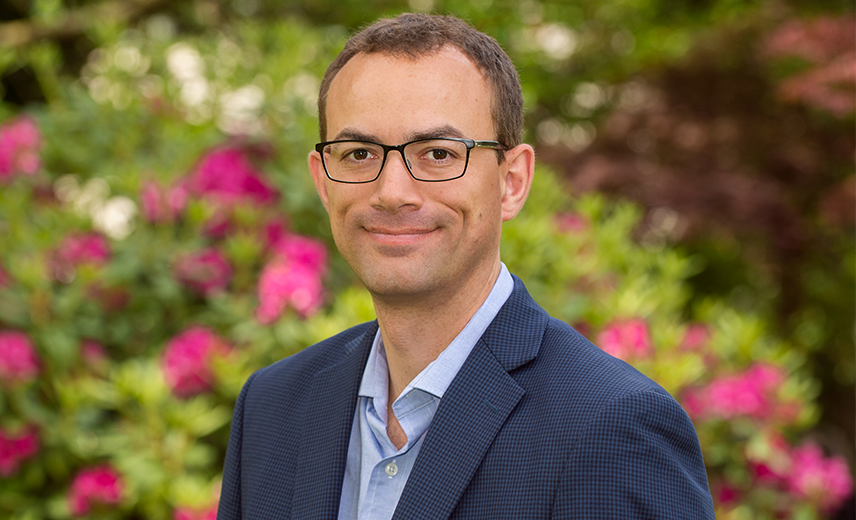BC Cancer counsellors support patients and their loved ones by providing counselling services, accessing government and other financial resources, securing transportation to and from cancer centres, and even sourcing temporary accommodation when treatment centres are far away from their homes.
“As a result of the work securing transportation and accommodation, our counsellors can sometimes be the difference between receiving world class cancer treatment and not receiving cancer treatment,” says Dr. Alan Bates, provincial lead, psychiatry and acting medical director, supportive cancer care. “BC Cancer social workers and counsellors have done an amazing job of helping a larger number of patients this year compared to last year.”
The effects of COVID-19 have caused an adjustment in the scope and complexity of social work with BC Cancer counsellors performing over 70,000 patient interactions this year. Due to provincial safety guidelines, patients have been more isolated without the same level of social support they may have received from friends, family, and community members prior to the pandemic.
 Dr. Alan Bates, provincial lead, psychiatry and acting medical director, supportive cancer care
Dr. Alan Bates, provincial lead, psychiatry and acting medical director, supportive cancer care
“A number of community organizations have closed or had to limit their services because of the pandemic,” says Dr. Bates. This has further fueled a surge in formal counselling requests, which has resulted in 29 per cent more counselling appointments this year compared to 2019. The pandemic has also added a layer of additional stress on top of the worry and anxiety that comes with a cancer diagnosis and treatment.
The significance of social work cannot be overlooked. According to Dr. Bates, more anxious, depressed or socially isolated patients may have a higher mortality rate if their mental health is not adequately addressed. “Anxiety, depression and social isolation don’t cause cancer, but they can be barriers to receiving the best possible care,” he notes. Throughout their cancer journey, between 35 to 45 per cent of all cancer patients experience emotional distress significant enough to benefit from professional support.
“It’s important that anyone experiencing distress reach out,” says Dr. Bates. “Cancer patients do not need a referral to see one of our counsellors and there are no fees for service.”
For more information about counselling services, visit www.bccancer.bc.ca/health-info/coping-with-cancer.
To thank a care team member during Social Work Week, visit www.bccancer.bc.ca/thanks.

